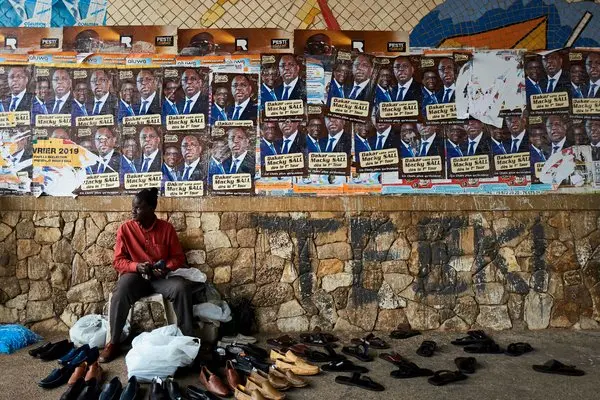Senegal’s legislative elections: Over seven million voters head to the polls amid political tensions

The highly anticipated legislative elections in Senegal have officially kicked off, with around 7.3 million eligible voters casting their ballots on Sunday morning.
The elections were called following the dissolution of the National Assembly by President Bachirou Djouma Faye, marking a significant turning point in the country’s political landscape.
A total of 41 lists, representing a diverse range of political parties and coalitions, are competing for the 165 seats in the National Assembly.
Voters will elect 112 members from local constituencies, with the remaining seats filled through national lists.
The elections are seen as a crucial moment for the political future of the country, as citizens both in Senegal and abroad head to 16,440 polling stations across the nation.
The ruling Party Pastif, led by Othman Sonko, is aiming for a strong majority in the new parliament.
This election follows a period of political tension, during which the previous government coalition, Benue Buk Yakar, faced internal struggles.
Despite efforts to retain trust within the coalition, President Sonko dissolved the parliament in September, prompting these early elections.
A major force in this election is the Taku Wallo coalition, which brings together President Macky Sall’s Union for the Republic party and the Senegalese Democratic Party of former President Abdoulaye Wade.
Prime Minister Anado Ba, who finished second in March’s presidential election, is also leading a political coalition that includes defectors from the Benue Buk Yakar coalition.
Young political figures are also making their mark.
Anta Abakar, a recent presidential candidate, has aligned with Dakar Mayor Barthélémy Diaz in a separate coalition, targeting the Dakar constituency, which elects 18 members of parliament.
These elections represent a critical test for the ruling Party Pastif, which has only been in power for six months.
For the opposition, this is an opportunity to assert itself politically as the country’s political scene undergoes rapid transformation.
About The Author
dailymailafric
I am an avid African news observer, and an active member of Daily Mail Africa.
I’m Passionate about staying informed on diverse topics across the continent,
I actively contribute to publishing on political, economic and cultural developments in Africa.



